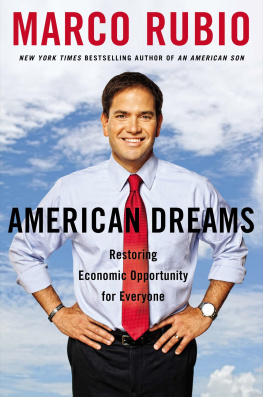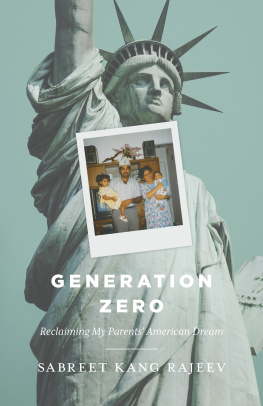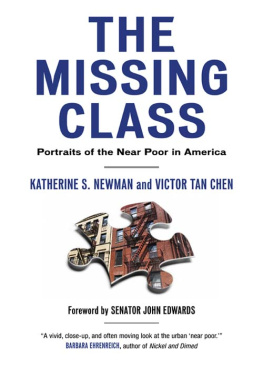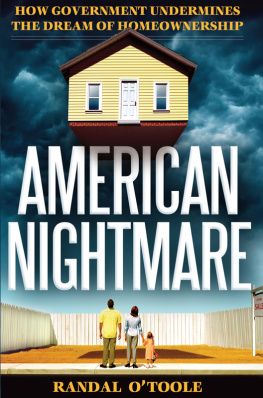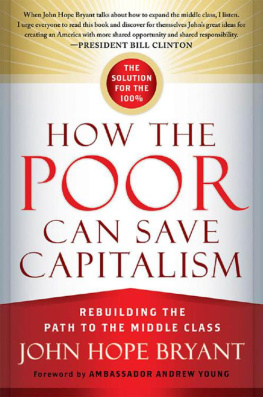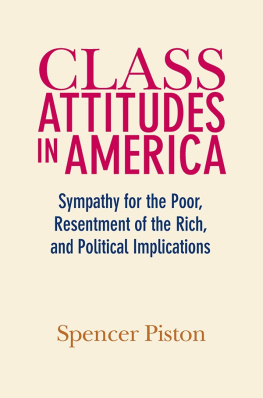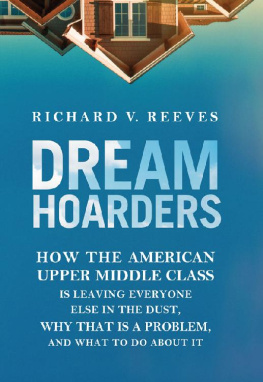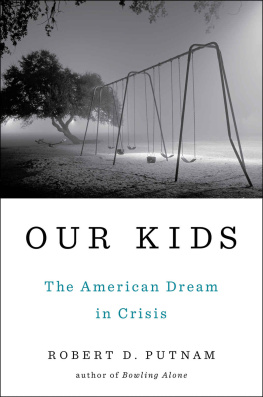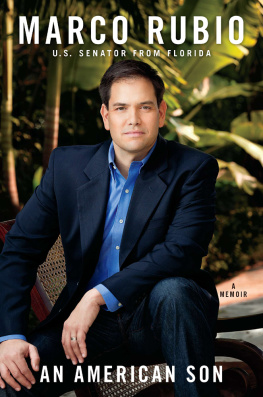USA | Canada | UK | Ireland | Australia | New Zealand | India | South Africa | China
Copyright 2015 by Marco A. Rubio
Penguin supports copyright. Copyright fuels creativity, encourages diverse voices, promotes free speech, and creates a vibrant culture. Thank you for buying an authorized edition of this book and for complying with copyright laws by not reproducing, scanning, or distributing any part of it in any form without permission. You are supporting writers and allowing Penguin to continue to publish books for every reader.
American dreams: restoring economic opportunity for everyone / Marco Rubio.
Includes bibliographical references and index.
1. United StatesEconomic policy2009- 2. United StatesEconomic conditions2009- 3. United StatesSocial policy2009- 4. United StatesPolitics and government2009- 5. Middle classUnited States. I. Title.
Introduction
RESTORING THE AMERICAN DREAM
M y grandfather Pedro Vctor Garca was born in rural Cuba in the last year of the nineteenth century. He was stricken with polio at a young age, which left him permanently disabled. Since he was unable to work on the family farm, his parents sent him away to school because it was the only way he would ever have a chance to support himself when he grew up. He learned to read and write quite well, a skill that got him hired as a lector, reading newspapers and novels to workers at a cigar factory. He also learned to be a telegraph operator, a skill that would one day land him a job with a railroad company.
In time, though, he lost his job at the railroad to a politically connected coworker. After that, he struggled to provide for his seven daughters. My mother remembers how he spent all day looking for odd jobsnot easy for a disabled man in a developing country. He would return home in the evenings with bleeding cuts and scrapes on his legs because his limp had caused him to slip and fall throughout the day. Ultimately, he ended up repairing shoes in Havana before coming to America.
Pap, as we called him, lived with us for most of the first thirteen years of my life. Every day he would put on a suit and tie and sit outside on a folding aluminum lawn chair to smoke one of his three daily cigars. I spent hours sitting with him, listening to him share his stories about history, politics and baseball. I could always count on him to feed my curiosity about history, ranging from World War II to Cuban independence. Looking back now, I realize that the greatest impact Pap had on me was a simple and powerful lesson embedded in all of our talks.
When he was young, he had big dreams and ambitions for himself. He had an interest in politics and world affairs, as well as the gift of communication. He wanted to put those talents to use as a leader of industry or state. But he was disabled. He wasnt politically connected. And his family had no wealth. So, as with most people in the world, his future was determined more by the circumstances of his birth than by his dreams or his ability.
Pap wanted me to know that my life could be different. Unlike him, I would have the chance to go as far as my talent and my work would take me. I was a citizen of the one place on earth where even the son of a bartender and a maid could grow up to achieve any dream. I was an American.
It is easy for those of us who were born and have lived our entire lives in the United States to fail to appreciate how unique our country is. But people like my grandfather knew. And if we listen, they remind us of something important.
Over two centuries ago, a nation was founded on the belief that all people had a God-given right to life, liberty and the pursuit of happiness. From then on, the world would never be the same again. Our founders put in place a republic and a free-enterprise economy designed to promote and protect this God-given right. And the result was the single greatest nation in all of human history.
Pap split his time between Miami and Las Vegas, where we lived for a few years during my childhood. By the summer of 1984, he knew he was nearing the end of his life, so he decided to cut his time in Miami short and come home to us. In August, he fell and broke his hip. My mother asked me to ride in the ambulance with him to the hospital so I could help him communicate with the paramedics. I remember standing in the hallway outside the X-ray room and hearing him groan in pain as they tried to take X-rays of his broken hip. And I remember standing by his bedside the next day as he began to slip into a coma in the last hours of his life.
As he slipped away, I held his hand and I made him a promise: I was going to study. I was going to make something of myself. I would not waste the opportunity I had to achieve my dreams. And he squeezed my hand as if to let me know he was at peace.
Every day since that day I have worked to make good on my promise to my grandfather. Like everyone, Ive made mistakes and Ive fallen short. But, thanks to him, to my parents, and to the promise of the country they adopted as their own, I have been able to realize his dream for me. I have a wife and family that I love. I am privileged to represent the people of Florida in the U.S. Senate. My life is blessed.
What bothers me most about my country today is that there are Americans like meAmericans who have worked hard and tried to do the right things to get aheadbut whose lives arent so blessed. Jennifer, a young woman in her twenties who lives in Miami, is such an American, an heir to the American Dream just as I am. But her life has not worked out as plannedat least not so far. She has done everything right. She has played by the rules. But she hasnt achieved her American Dream. Shes starting to doubt she ever will.
When Jennifer was growing up, her father always told her that an education was the key to a life better than his own. She took him at his word, worked hard and went to Florida International University. Four years ago, she graduated with a degree in public administration. She was the first in her family to go to college. Despite having paid for what she thought was the ticket to a better life, Jennifer has begun to wonder whether college was a waste of her time and money. The only job she can find has nothing to do with her degree. Her salary is barely enough to cover her monthly bills, let alone put anything aside to save for a house of her own. To make matters worse, her father recently got laid off. And because she doesnt make enough to help him out, theyve had to do what too many other Americans have had to do: form a multigenerational housing unit. In other words, theyve moved in with Jennifers grandmother.
A generation ago, Jennifers current wage might have been enough for her to reach the middle class. But today, her monthly expenses are prohibitive: $300 for her car payment, $200 for car insurance, $200 for gas, $200 for food, $100 for her cell phone billjust to name a few. Shed like to go back to school to earn a graduate degree, but she doesnt want the $50,000 in debt she would incur. She has none of the confidence, held by earlier generations of Americans, that investing in herself through education will pay off in the job market.

